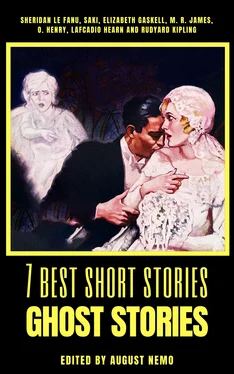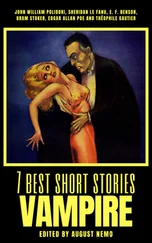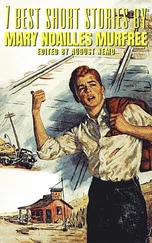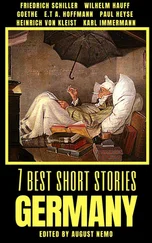These bizarre conceptions, so awkward in unskillful hands, become under Poe's spell living and convincing terrors to haunt our nights; and all because the author understood so perfectly the very mechanics and physiology of fear and strangeness--the essential details to emphasise, the precise incongruities and conceits to select as preliminaries or concomitants to horror, the exact incidents and allusions to throw out innocently in advance as symbols or prefigurings of each major step toward the hideous dénouement to come, the nice adjustments of cumulative force and the unerring accuracy in linkage of parts which make for faultless unity throughout and thunderous effectiveness at the climactic moment, the delicate nuances of scenic and landscape value to select in establishing and sustaining the desired mood and vitalising the desired illusion--principles of this kind, and dozens of obscurer ones too elusive to be described or even fully comprehended by any ordinary commentator. Melodrama and unsophistication there may be--we are told of one fastidious Frenchman who could not bear to read Poe except in Baudelaire's urbane and Gallically modulated translation--but all traces of such things are wholly overshadowed by a potent and inborn sense of the spectral, the morbid, and the horrible which gushed forth from every cell of the artist's creative mentality and stamped his macabre work with the ineffaceable mark of supreme genius. Poe's weird tales are alive in a manner that few others can ever hope to be.
Like most fantaisistes, Poe excels in incidents and broad narrative effects rather than in character drawing. His typical protagonist is generally a dark, handsome, proud, melancholy, intellectual, highly sensitive, capricious, introspective, isolated, and sometimes slightly mad gentleman of ancient family and opulent circumstances; usually deeply learned in strange lore, and darkly ambitious of penetrating to forbidden secrets of the universe. Aside from a high-sounding name, this character obviously derives little from the early Gothic novel; for he is clearly neither the wooden hero nor the diabolical villain of Radcliffian or Ludovician romance. Indirectly, however, he does possess a sort of genealogical connection; since his gloomy, ambitious and anti-social qualities savour strongly of the typical Byronic hero, who in turn is definitely an offspring of the Gothic Manfreds, Montonis, and Ambrosios. More particular qualities appear to be derived from the psychology of Poe himself, who certainly possessed much of the depression, sensitiveness, mad aspiration, loneliness, and extravagant freakishness which he attributes to his haughty and solitary victims of Fate.
Конец ознакомительного фрагмента.
Текст предоставлен ООО «ЛитРес».
Прочитайте эту книгу целиком, купив полную легальную версию на ЛитРес.
Безопасно оплатить книгу можно банковской картой Visa, MasterCard, Maestro, со счета мобильного телефона, с платежного терминала, в салоне МТС или Связной, через PayPal, WebMoney, Яндекс.Деньги, QIWI Кошелек, бонусными картами или другим удобным Вам способом.

![Коллектив авторов - Best Short Stories [С англо-русским словарем]](/books/26635/kollektiv-avtorov-best-short-stories-s-anglo-thumb.webp)










